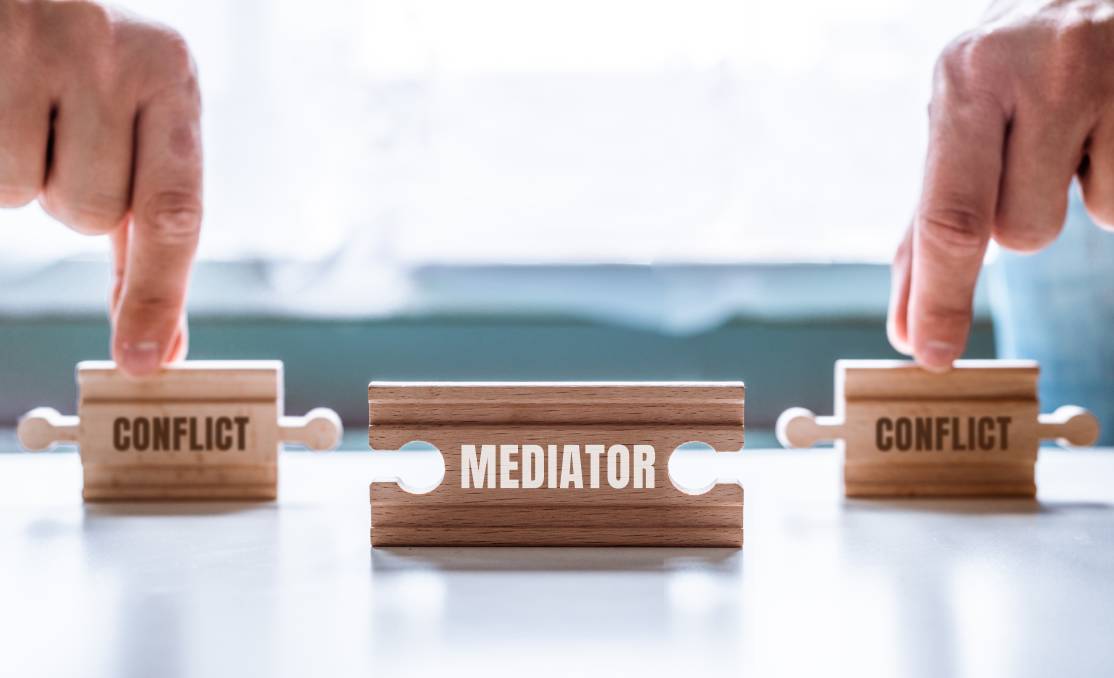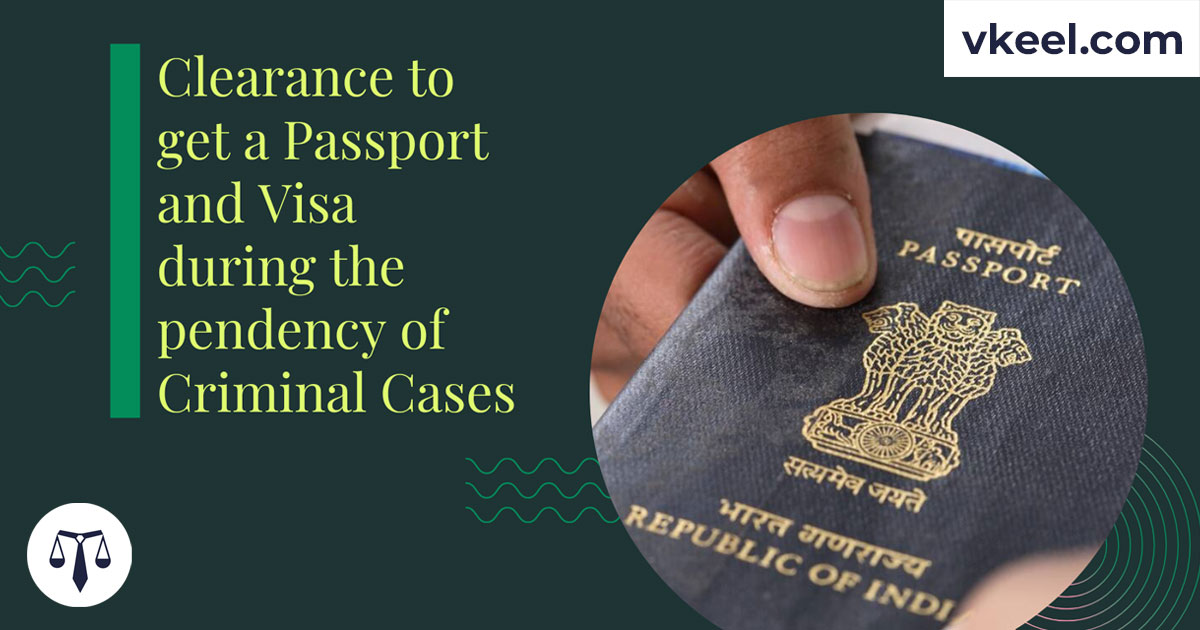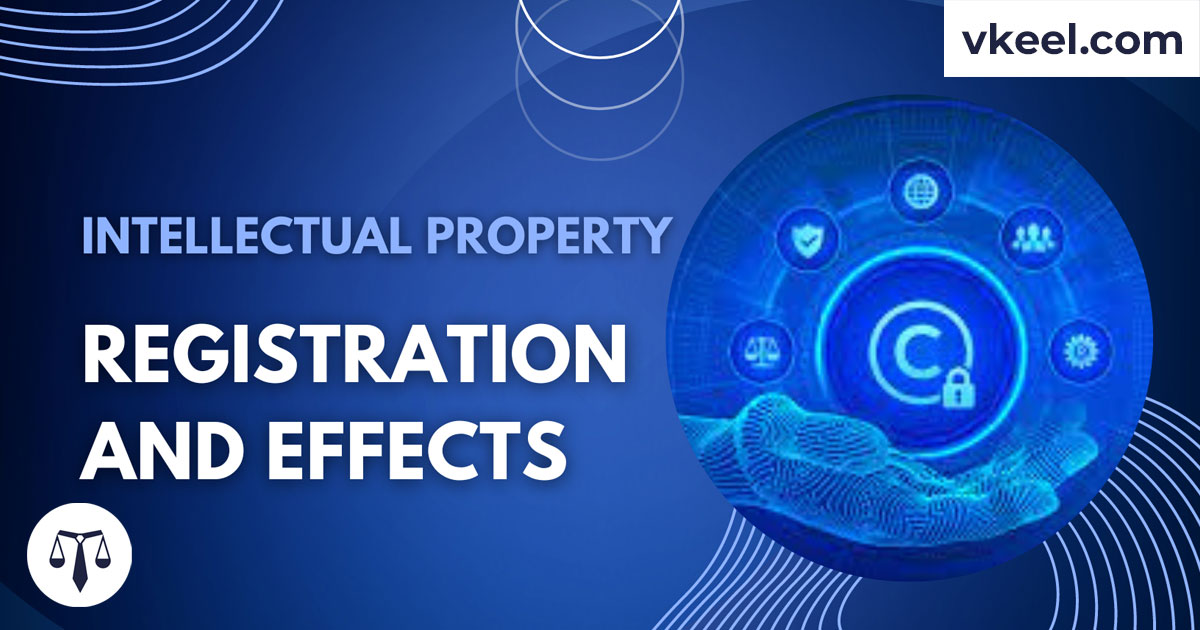Mediation In Criminal Disputes In India
By Advocate Anik
Abstract
This paper explores the concept of mediation as a solution for reducing pendency in the traditional court system. The feasibility of using mediation to resolve criminal disputes is creating a many jurisdictions round the world, to decrease the backlog of cases that are criminal in nature. Mediation is very essential for current scenario of the judiciary. Conversely, there seems to be no awareness of the awareness of the convenience of using mediation among the general public. It seems more viable to first, introduce mediation as a common parallel in the civil courts and then move to expanding it to the criminal courts. Nevertheless, there needs to be a structured way to introducing mediation to criminal matters as they deal with sensitive and emotional issues. The objectives of this long-essay is as follows: First, to consider the structure of the existing criminal mediation system and test the applicability of mediation to criminal matters in india; second, to explain the issue of voluntariness of the parties and a choice situation to select cases that can go through mediation. This article aims to explore whether mediation as an alternate dispute redressal mechanism, apart from the traditional litigation method, can address the loopholes in the present system, considering that mediation as an alternate disputes resolution (ADR) mechanism is not in vogue in india. Application of mediation in criminal cases is a precarious issue and this article aims to critique the same. The article will look at the application of mediation and the scope of this method of ADR on the basis of substantive and procedural laws. Further, the article will compare and contrast the present laws related to mediation and sexual harassment in india with other countries.
Consult with: Top Lawyers of India
Introduction
Unlike the writes and petition filed in the court, alternative dispute resolution (ADR) is the kind of out court settlement which is qualitatively distinct from the proper judicial trails. The number of cases and the judges holding the case are the number which really seems to be very irrational.
Recently, many steps has taken to find out the solution related to the speedy justice to the public and the aims to reduce the burden of the court. Many people in sake of getting justice from justice system of the country wander here and there. Recently, as per the news article level to provide free legal aid and speedy justice for speedy. Legal service authorities Act, 1987 stated that institution under legal state authority aims to ensure speedy justice to reduce the burden of the courts. The preference to ADR is because of less expenditure, less wastage of time, and the confidentiality that is being maintained in this process of ADRs. Some ADRs gains applicability and are given legal sanctity
from the court of law but some are not. If we talk about Indian contract Act, 1872, to check the sanctity of our court settlement ADRs there we’ll be having the applicability.
What is Arbitration?
Arbitration is a contract-based form of binding dispute resolution. In other words, a party’s right to refer a dispute to arbitration depends on the existence of an agreement between then and the other parties to the dispute that the dispute may be referred to arbitration.
Commercial contracts will commonly include provision for how disputes relating to that contract are to be resolved. If the parties choose arbitration, the arbitration agreement will generally be part of the document recording the terms of the commercial transaction. Parties can also enter into an arbitration agreement after a dispute has arisen.
In entering into an arbitration agreement, the parties agree to refer their dispute to a neutral tribunal to decide their rights and obligations. Although sometimes described as a form of alternative dispute resolution, arbitration is not the same as mediation or conciliation. A mediator or conciliator can only recommend outcomes and the parties can choose whether or not to accept those recommendations.
Talk with: Best Lawyers of India
By contrast, an arbitration tribunal has the power to make decisions that bind the parties.
Arbitration is a procedure in which a dispute is submitted, by agreement of the parties, to one or more arbitrator who make a binding decision on the dispute, In choosing arbitration, the parties for a private dispute resolution procedure instead of going to court.3
What is Mediation?
Mediation is a procedure in which parties discuss their disputes with the assistance of a trained impartial third person who assists them in reaching a settlement. It may be an informal meeting among parties or a scheduled settlement conference. The dispute may either be pending in a court or potentially a dispute which may be filed in court. Cases suitable for mediation are disputes in commercial transactions, personal injury, construction, workers compensation, labor or community relations, divorce, domestic relations, employment or any other matters which do not involve complex procedural or evidentially issues. Attendance at the mediation conference is voluntary by the parties, except where governed by statute or contract clause.
The mediator is a person with patience, persistence and common sense. He has an arsenal of negotiation techniques, human dynamics skills and powers of effective listening, articulation and restatement. The mediator is a facilitator who has no power to render a resolution to the conflict. The parties will fashion the solution as the mediator moves through the process, In many jurisdictions the mediator is an attorney but can not give legal advise while in the role of a mediator. However, the mediator’s subject area expertise may be beneficial to the parties in wording and framing the mediated agreement or in circumstances where the parties are open to neutral case evaluation.
How does it work?
The conference is held at a mutually agreeable neutral place. It can be the office of the mediator or another private facility unavailable to spectators. However, the initial mediation may continue with subsequent telephone negotiations between the mediator and the parties where appropriate. Generally mediator will employ face to face negotiations or conduct co-mediations in potentially inflammatory circumstances such as domestic relations.
Consult with: Top Lawyers of India
Present at the session are the parties, their attorneys, if represented, the mediator and others as agreed to in advance. In community mediations there is generally a large number of persons present and often there are co-mediators. The room is spacious and decorum is difficult.
Parties to a mediation may or may not be represented by counsel. When counsel is present the parties may be encouraged to work with the mediators and to confer with the attorneys on legal issues. In general, protocol with the attorneys is set prior to the session. Attendance at the mediation by the party compensation mediation, the insurance adjusters must advise the mediator that their supervisor or another person with full settlement authority is readily available by telephone.
Roles and Duties of Mediator
Role of the Mediator:
The principal role of the mediator is to facilitate communication between the parties in conflict with a view to helping them reach a voluntary resolution to their dispute that is timely, fair and cost- effective. Although the mediator manages the meeting and is in charge of the proceedings, he should not impose solutions or decisions and has no power to force a settlement. A solution should only be reached by agreement between the parties. They are responsible for the ultimate resolution of the dispute. Furthermore, a mediator has no right or duty to provide legal advice to the parties even if he happens to be a lawyer. The parties should seek legal advice solely form their legal counsel. The mediator, however, may raise issues and help parties explore options.
Duties of the Mediator:
A mediator has the following duties to observe:-
1- Code of conduct
Mediators are required by the Act to follow the centre’s code of conduct for mediators in the performance of their duties as mediators.
(a) Impartiality
A mediator shall mediate only those matters in which he can remain impartial. Impartially means freedom from favouritism, bias or prejudice both in conduct and appearance.
If at any time the mediator is unable to conduct the process in an impartial manner, or the parties, or any one of them, express doubt on any circumstance concerning the mediator’s impartiality the mediator should withdraw and the mediation centre would appoint another mediator in his stead.
– Impartiality and challenge of mediator
A mediator may be challenged on grounds of impartiality by any mediation party. When a mediator is challenged he would withdraw and be substituted by a new mediator.
However, if the challenged mediator does not withdraw, the chairman of the board of governors of the centre will decide on the challenge and his decision will be final and binding. If the chairman sustains the challenge, a substitute mediator will be appointed by the centre.
– Notification of challenge
The party who intends to challenge a mediator should send a notice of his challenge in writing, stating the reasons for such challenge, to the registrar, the other party or parties and the mediator challenged within 15 days after the party making the challenge has become or could have become, aware that circumstances exist that give rise to justifiable doubt as to the mediator’s impartiality.
Talk with: Best Lawyers of India
Conflict of interest
A mediator has the duty and obligation to disclose to the parties any actual or perceived conflict of interest as soon as he becomes aware of it whether prior to accepting to act or at any time during the mediation process.
If a mediator has conflict of interest he may only accept or continue the mediation if the parties explicitly consent in writing, provided, However, that if the mediator deems that the conflict of interest gives rise to the slightest reasonable doubt as to the integrity of the process he should decline to proceed regardless of the consent of the parties to the country.
Confidentiality
Confidentiality is the cornerstone of the mediation process. The Act stipulates that everything said during the course of mediation, including all communications between the parties and the mediator are confidential and no evidence of anything said or documents produced during the mediation process are admissible in any litigation proceedings. Moreover, the mediator cannot be summoned as a witness on what took place and on what came to his knowledge during mediation.
The mediator may, however, disclose to the court any information obtained during the mediation process provided all the parties to the mediation give their written consent. Furthermore, the disclosure of the content of the agreement reached between the parties is also permitted when required to prevent harm to the physical or psychological integrity of a person or where the disclosure is necessary in order to implement or enforce the agreement reached between the parties.
Lok Adalat
The term ‘Lok Adalat’ means a people’s court. Lok adalat in stricter sense is not a court of law. It is defined as a forum where voluntary effort aimed at bringing about settlement of disputes between the parties is made through conciliatory and pervasive efforts. The state legal aid and advisory boards or district legal aid committees organize lok adalats. The members of the lok adalat are called as ‘conciliators’. The members may be drawn from serving or retired judicial officers or from other fields of life. The number of members is to be determined by the organizing authority. Likewise the qualification and experience required for the members have to be prescribed where the lok Adalat is organized by the supreme court legal services committee., by the central government in consultation with the chief justice of india. In other cases, it has to be done by the state governments in consultation with the chief justices of the justices of the high courts. The following are various types of lok adalats :-
(a)- Mutation of land cases
(b)- Compoundable criminal offences (c)- Encroachment on forest lands
(d)- Family disputes
(e)- Land acquisition disputes (f)- Motor accident claims
(g)- Cases which are not sub-judice.
Consult with: Top Lawyers of India
Jurisdiction:
The jurisdiction of lok adalat is to determine and arrive at a compromise or settlement between the parties to a dispute in cases pending before any court or any matter, which falls within the jurisdiction of the courts but has not been brought before them. They are not to have jurisdiction for the matters relating to an offence, which is not compoundable under any law.
Powers of Lok Adalat:
The Lok Adalat shall have the powers of a civil court under the code of civil procedure, 1908 while trying a suit in respect of the following matters:
(a)- The summoning and enforcing the attendance of any witness and examining him on oath; (b)- The discovery and production of any document;
(c)- The requisitioning of any public record or document or copy of such record or document from any court & office.
(d)- Such other matters as may be prescribed.
Without prejudice to the generality of the powers the Lok Adalat shall have the requisite powers to specify its own procedure for the determination of any dispute coming before it. All proceedings before the Lok Adalat shall be deemed to be judicial proceedings within the meaning of sec. 193, 219 & 228 of the Indian penal code (45 of 180/60) and every Lok Adalat shall be deemed to be civil court for the purpose of Section 195 and chapter XXVI of the Code of Criminal Procedure,1973 (2 of 1974).
Mediation & Criminology:
Criminology, a trend in the phase of globalization where the urbanization is taking its track like a bullet. The mindsets are still repudiating the nation of modern mindsets. Today, the criminal cases are rapidly increasing, the judges and the courts in the country are not enough to deal with all these cases. Increase in population, sick mindset and many other factors are responsible for all these disputes.
The present scenario of the judicial system in india shows inordinate dealys, huge pendency of the cases and expensive litigation which give rise to a lot of mental and physical suffering of the litigant and it also becomes very difficult for the poor people to have access to justice. For requisite judicial system the stakeholders have developed Alternative dispute Resolution (ADR) to provide speedy and cost effective justice. The initial method that come under the Category of ADR and that was a very innovative contribution of India to the world jurisprudence was the concept of Lok Adalat and mediation. These are practiced in the Indian society the grass root level, known as panchayats.
Some of the important cases resolved through mediation of criminal disputes are:- 1- Salem Advocate bar VS Union of india, (2nd Aug, 2005)
- Dayavati VS Yogesh Kumar Gusain, (17th Oct, 2017)
- Smriti Madan Kansagra VS Perry Kansagra, (11th Dec, 2017)
SALEM ADVOCATE BAR VS UNION OF INDIA, (2ND AUG, 2005)
The challenge made to the constitutional validity of amendments made to the code of civil procedure by amendment Acts of 1999 and 2002 was rejected by this court.11
DAYAVATI VS YOGESH KUMAR GUSAIN, (17TH OCT, 2017)
The legal permissibility of referring a complaint cases under sec. 138 NI Act for amicable settlement through mediation; procedure to be followed upon settlement is the subject matter of this judgement.12
SMRITI MADAN KANSAGRA VS PERRY KANSGRA, (11th DEC, 2017)
In this cases, after hearing both sides, division bench of high court referred parties to mediation and also directed that, Aditya be produced before high court on 11.05.2016. During ensuing mediation sessions, mediator and counsellor interacted with aditya, based open her interactions with him, Counsellor contending that, reports could not be relied upon in view of principle of confidentiality. High court dealt with said submissions and while disposing of the appeal, by its judgement dates 17th february, 2017 observed that, mediation has failed.13
Conclusion
Today our constitution talks about the Preamble, which describes the provisions of justice that is provided to each and every individual of the country. But, if we think, whether it being provided to each and every individual. Mediation and other ADRs has played the vital role in providing the justice to each individual of the country. If a person is not able to give much money and incur expenditure in attain justice, the mediation and ADRs have given the way to exptend the hands of justice to them also like Lok Adalats or people’s court. Mediation and other ADRs have provided a way for each individual, that if any mishappening or injustice caused with them, They can now approach for the justice and they will get the justice. If they are not satisfied with the judgements of the ADRs or Lok Adalats, they can also appeal to the upper courts.
Talk with: Best Lawyers of India
So, the conclusion is if the person cannot approach for justice even in the heinous crime of which they become the victims. Now, one can say that in this modern world no one is denied of justice, and also till some extent, after the ADRs has been generated in this process of justice dispensation system, the justice is not delayed too.
Disclaimer:
The information provided in the article is for general informational purposes only, and is not intended to constitute legal advice or to be relied upon as a substitute for legal advice. Furthermore, any information contained in the article is not guaranteed to be current, complete or accurate. If you require legal advice or representation, you should contact an attorney or law firm directly. We are not responsible for any damages resulting from any reliance on the content of this website.












